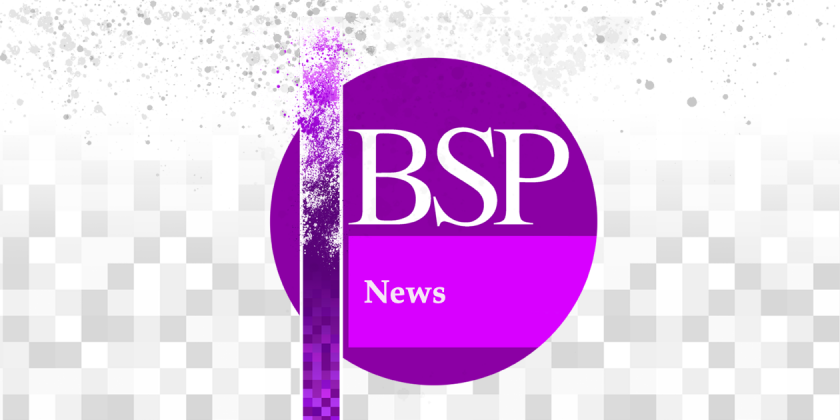Stony Brook University, 19 Sept. Organized by Daniel Neumann (University of Graz) in cooperation with Anthony Steinbock (Stony Brook University).
Call for Papers
On What There Is (in Terms of Phenomenology)
Stony Brook University, September 19 2025
One of the aims of the tradition of phenomenology is to account for how something is given as objective in subjective acts, that is, to account for the possibility and shape of objective knowledge. The slogan “back to the things themselves” concerns, in one reading of particular interest to this workshop, the idea that one can explain the relationship with mind-independent reality through a consideration of the acts of consciousness. One way to proceed is to conceive transcendent objects as intentional objects. A second way is to inquire what the entities are that ground our intentional and epistemic relation to the world, such as states of affairs, values or essences. A third avenue is to refer to volitional, emotional, aesthetic or bodily modes of experience and their correlative (non)intentional objects.
Besides Husserl, some of the earliest proponents of phenomenology such as Scheler, Conrad-Martius and Ingarden, were particularly concerned with topics of realism in, among others, perception, logic, ethics and psychology. These concerns raise questions about the mind-independence of objects of experience, about the reality of the psychological subject and the person and about the ontology of the social. This workshop welcomes contributions addressing these and related topics in the context of the writings of early and later phenomenologists, as well as from a systematic phenomenological standpoint.
Additionally, the workshop encourages contributions working with a concept of phenomenology along the lines of a “what it is like” to be in a certain mental state. In terms of phenomenal intentionality, one may for instance inquire whether there is a special kind of awareness related to the givenness of objects, and how the phenomenology of an experience is individuated by the particular objects presented in the experience. More generally, the question might be put as how mind-independent objects individuate thought and perception of these objects. In a similar vein, questions about the relation between sensory and cognitive phenomenology and the respective givenness of sensual and categorial objects, might be raised.
Deadline for submissions: March 31, 2025
Confirmed Keynote Speaker: John Drummond
The workshop is an in-person event only
Organized by Daniel Neumann (University of Graz) in cooperation with Anthony Steinbock (Stony Brook University)
Please send abstracts (ca. 500 words) to [email protected]

